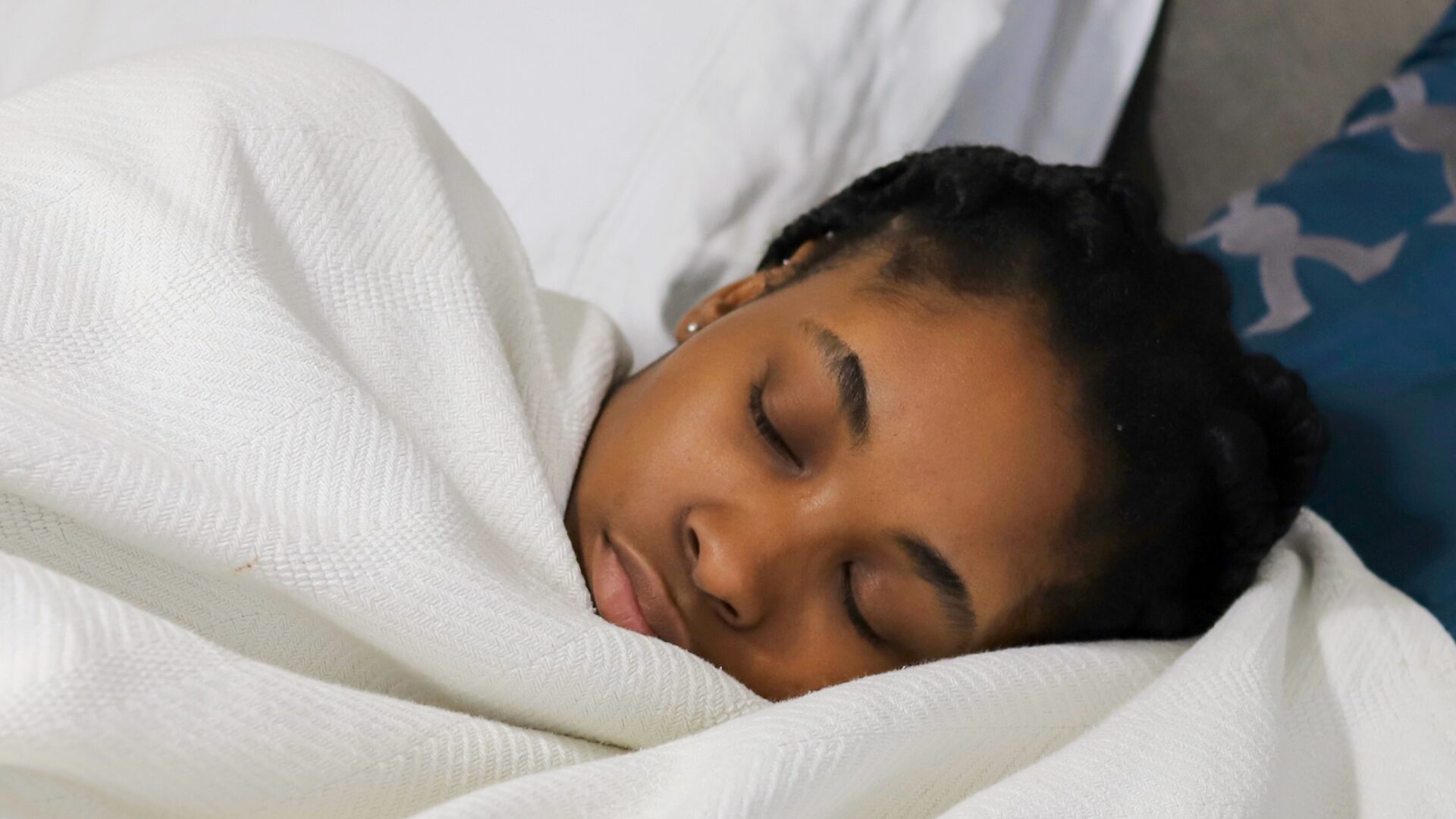
People of color don’t get enough rest, according to a study conducted by the Sleep Research Society. Black and Hispanic people reported getting less than 6 hours of sleep, a number far off from the recommended 7 to 9 hours for adults.
“Sleep is a privilege,” Dayna Johnson, sleep epidemiologist at Emory University, told Science. “If we can target sleep, we might be able to reduce the burden of all types of diseases among racial minorities.” In fact, a lack of sleep can have detrimental effects on one’s physical and mental health. It can worsen symptoms of anxiety and depression, may predispose people to brain diseases such as Alzheimer’s, and can have an impact on one’s life span. People who doze for less than 6 hours each night were found to be 12% more likely to die prematurely.
Light and noise pollution, discrimination, stress, socioeconomic status, and shift work have been discovered to cause the lack of rest.
“If you saw what was happening, for instance, about a year and a half ago and George Floyd happened, a lot of Black folks were just not sleeping enough,” Girardin Jean-Louis, a researcher at the University of Miami, told WBUR. “So if you already sleeping six hours or less and you lose another 30 minutes, this could be the tipping point for what might become high blood pressure, diabetes and difficulty with HIV and cancer management.”
Racial discrimination was also found to be behind 60% of insomnia for Black people, according to a study conducted by Science Direct. An additional study found that nighttime noise is higher in neighborhoods with a higher proportion of Black residents, which can affect one’s sleep. “Our ZIP code is as—if not more—important than our genetic code,” Dayna Johnson told Science.
For some researchers, changing policy to improve slumber in communities of color is essential in the fight against structural racism. “If we’re thinking about addressing sleep as a social justice issue, then yes, you have to focus on the policies that are driving who has the luxury of sleeping well and who doesn’t,” says Carmela Alcántara, a clinical psychologist at Columbia University.
Photo Credit: Getty Images via Robin Gentry/EyeEm